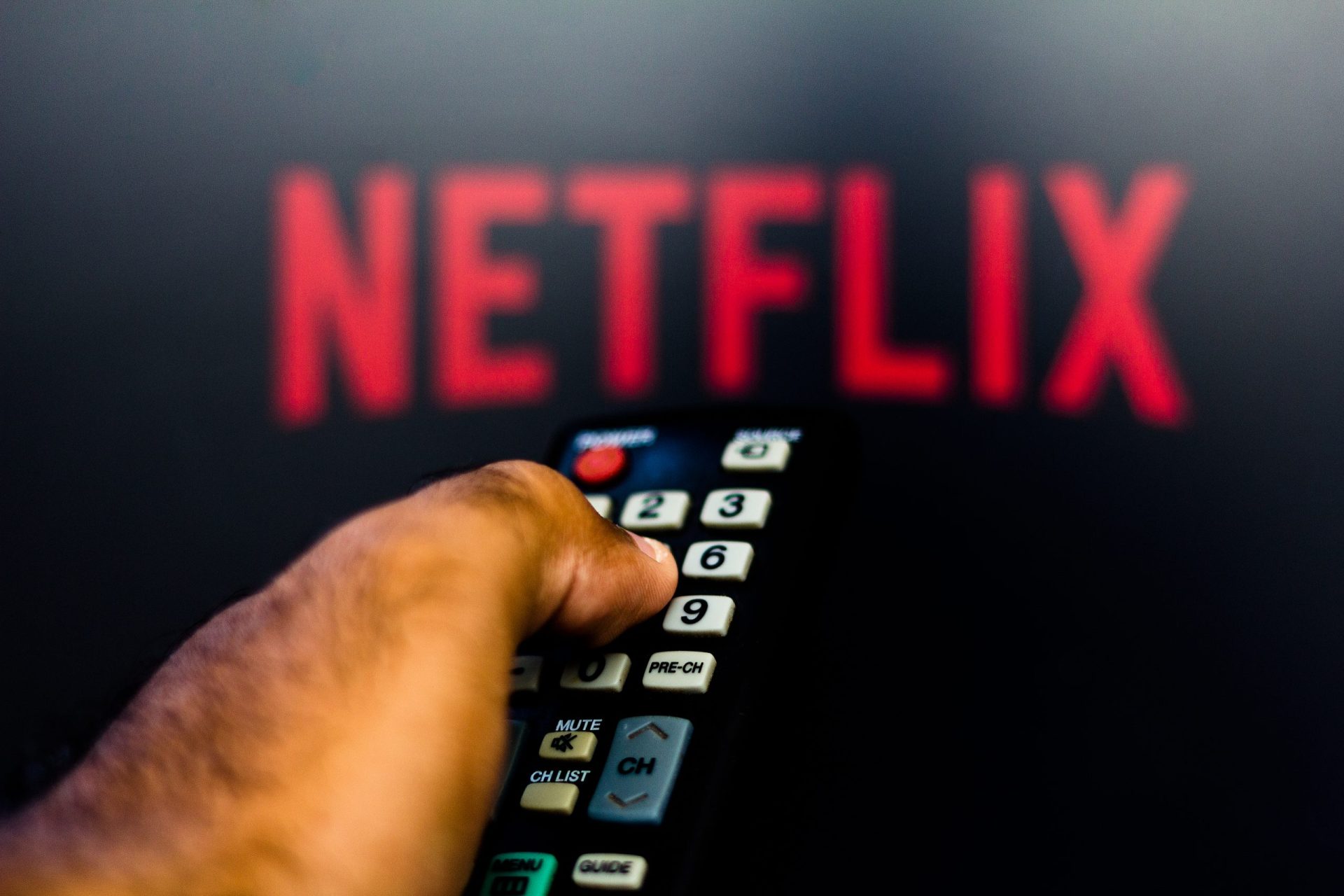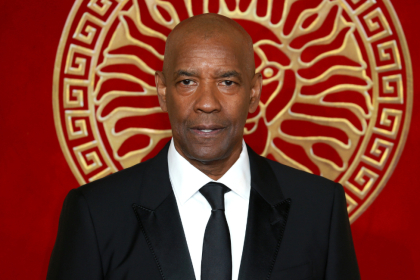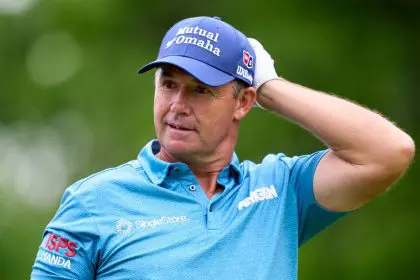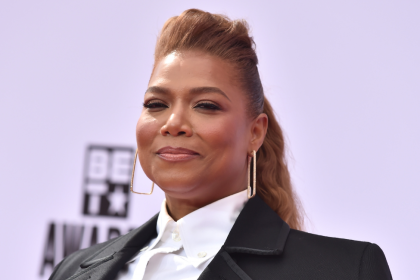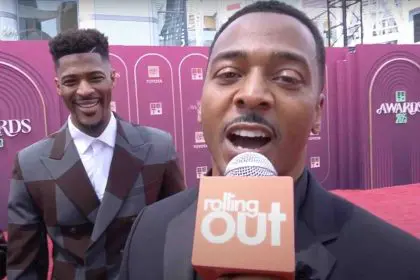As Netflix announces plans for a “Happy Gilmore” sequel, the 1996 comedy continues to influence sports cinema and pop culture nearly three decades after its release.
The original film, starring Adam Sandler as a failed hockey player turned unconventional golfer, earned $41.2 million at the box office and has since become a cult classic, with its quotes and scenes regularly referenced in sports culture.
Christopher McDonald, who played antagonist Shooter McGavin, created one of cinema’s most memorable sports villains. His portrayal of the arrogant pro golfer who becomes increasingly frustrated with Gilmore’s success helped establish the film’s enduring appeal.
The movie’s influence extends beyond entertainment into actual golf culture. Gilmore’s signature running drive, while unorthodox, has inspired numerous professional golfers to attempt the shot during practice rounds and exhibitions. Even the PGA Tour has embraced the film’s legacy, occasionally featuring players recreating famous scenes on social media.
Carl Weathers’ performance as Chubbs Peterson, Gilmore’s mentor, provided the film with heart and memorable one-liners. The relationship between Chubbs and Happy grounded the movie’s more outlandish moments with genuine emotion.
The film marked a significant moment in Sandler’s career, following his departure from “Saturday Night Live.” It helped establish his trademark blend of physical comedy and earnest storytelling that would define many of his subsequent films.
Director Dennis Dugan’s ability to balance sports movie conventions with comedy helped create a template for future sports comedies. The film’s combination of genuine golf action and slapstick humor influenced numerous sports films that followed.
Ben Stiller’s cameo as nursing home orderly Hal L. became one of the movie’s most quoted sequences, despite his brief screen time. Julie Bowen, who later gained fame on “Modern Family,” played Happy’s love interest Virginia Venit, adding romantic comedy elements to the sports narrative.
The film’s quotability remains remarkable, with lines like “The price is wrong, bob” and “Go to your home!” regularly referenced in popular culture. Professional athletes across various sports continue to cite the movie as a favorite, often incorporating its quotes into interviews and social media posts.
“Happy Gilmore” also tackled themes beyond comedy, including perseverance, family loyalty, and the importance of staying true to oneself. Happy’s dedication to saving his grandmother’s house provided an emotional core that elevated the film above typical sports comedies.
The movie’s soundtrack featured memorable uses of songs like Lynyrd Skynyrd’s “Tuesday’s Gone” during pivotal scenes, helping cement its place in ’90s pop culture. Its blend of music, comedy and sports created a unique viewing experience that continues to resonate with new audiences.
As fans await Netflix’s planned sequel, the original “Happy Gilmore” stands as a testament to the enduring appeal of well-crafted sports comedy. Its influence on both film and sports culture demonstrates how a seemingly simple comedy can leave a lasting impact on multiple generations.

